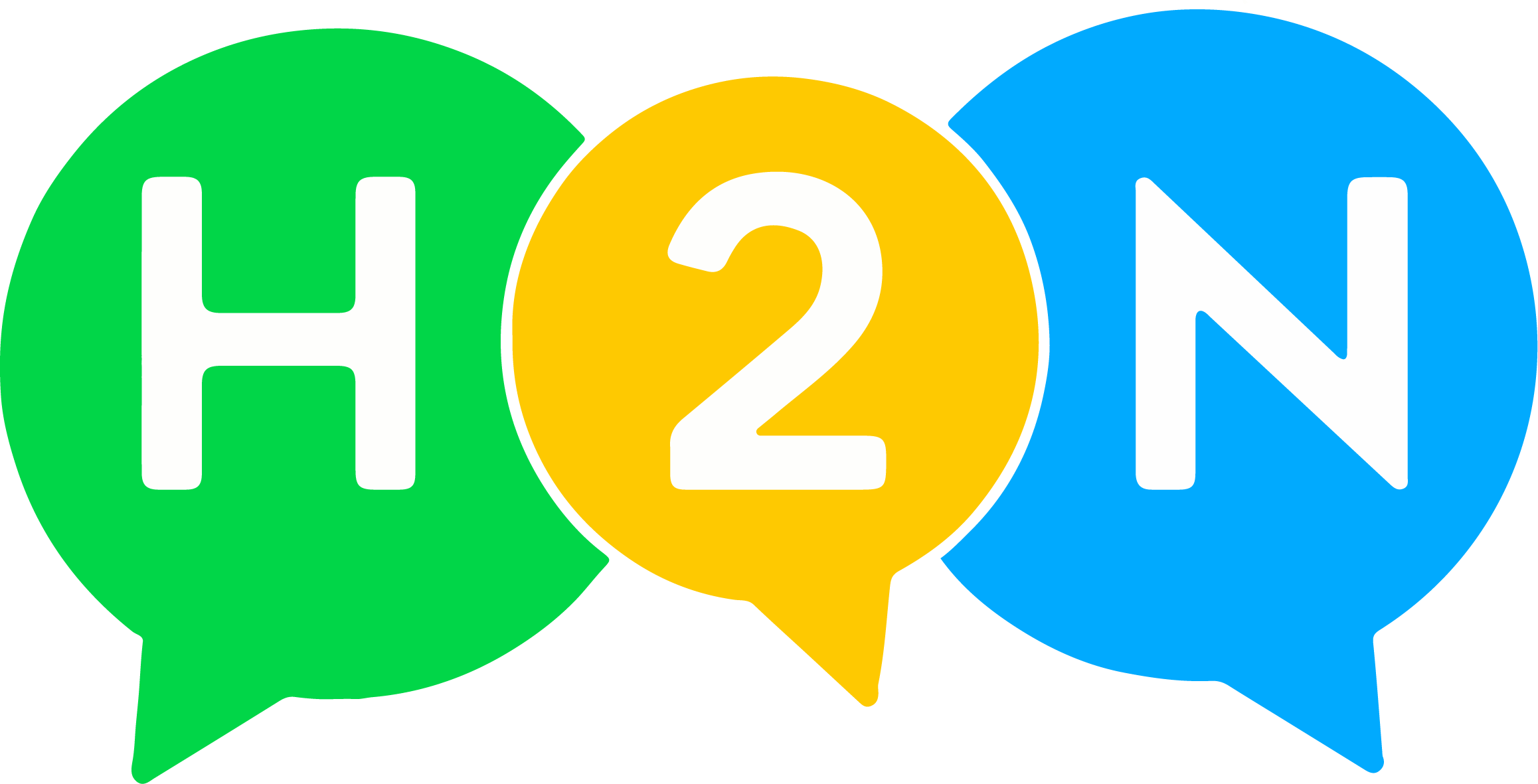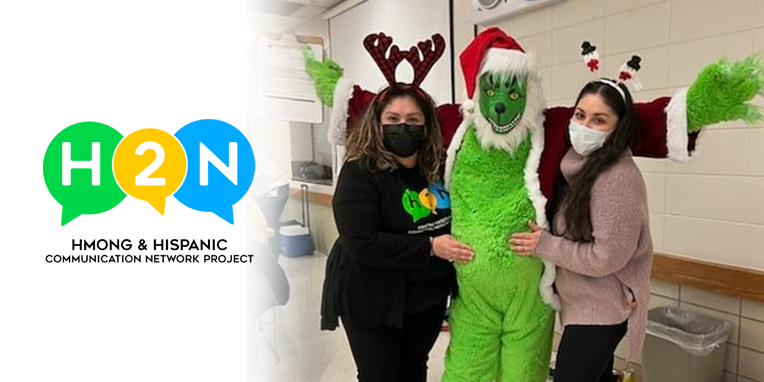WAUSAU, Wis. — December is a busy time of year for a lot of people and the Hmong and Hispanic Communication Network (H2N) is no exception. Throughout the month, H2N held four vaccine clinics in central Wisconsin. The clinics took place in Wausau, Wisconsin Rapids, Stevens Point, and at D.C. Everest’s Greenheck Field House.
A total of 352 COVID-19 vaccines and 122 flu vaccines were administered through partnerships with Wisconsin Department of Health Services, AMI Expeditionary Healthcare, the Wausau Free Clinic, Marshfield Clinic, and the Wood County Health Department. H2N also partnered with the Hmong American Center and Asociacion Hispana-Americana to help promote the event and reach community members.
Doua Chee Xiong, an Americorps worker with H2N, said many of those who attended received a COVID-19 booster shot and that many children (ages 5 to 11) were able to receive COVID-19 vaccines. In addition to vaccinations, attendees were able to obtain information and resources regarding COVID-19 and health care services in English, Hmong or Spanish.
“The mission of H2N is to combat healthcare disparities such as access to health services,” explained Xiong. “The number of attendees who were willing to wait in line for hours for the vaccine reiterates how important it is for H2N to physically go into the community and be readily available to provide health services, such as vaccinations.”
H2N’s final vaccine clinic of the month will take place on Dec. 30, 2021, at Miltrim Farm Inc. in Athens, Wis. The clinic will provide free COVID-19 and influenza vaccines, and will be open from 12-3 p.m. No appointment is needed.
The Hmong and Hispanic Communication Network collaborates with public health organizations, health systems, resource agencies, and community organizations to provide Hmong and Hispanic communities with resources and tools to better withstand the COVID-19 pandemic.
H2N utilizes Community Coordinators and a network of Community Health Workers to deliver messaging about how to prevent the spread of COVID-19, to reinforce the risks and long-term effects associated with COVID-19 infections, to educate about the safety and effectiveness of COVID-19 vaccines, to build routineness around being immunized, and to help community members access COVID-19 vaccine.

